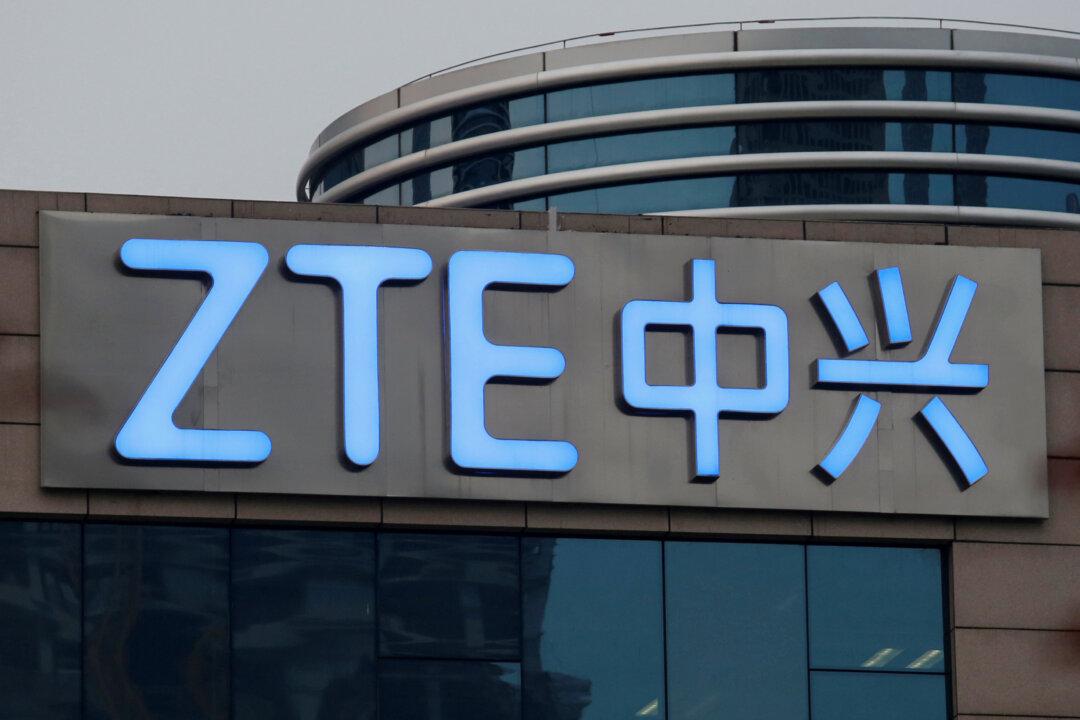HONG KONG—Lenovo and ZTE Corp shares slid on Oct. 5, hurt by worries about overseas sales after Bloomberg reported that the systems of multiple U.S. companies had been compromised by malicious computer chips inserted by Chinese spies.
In a report published on Oct. 4, Bloomberg Businessweek cited 17 unidentified sources from intelligence agencies and businesses as saying that Chinese spies had placed computer chips inside equipment used by about 30 companies and multiple U.S. government agencies, which would give Beijing secret access to internal networks.





